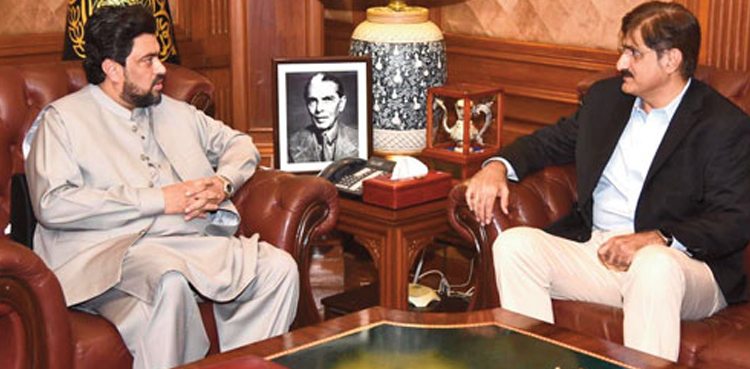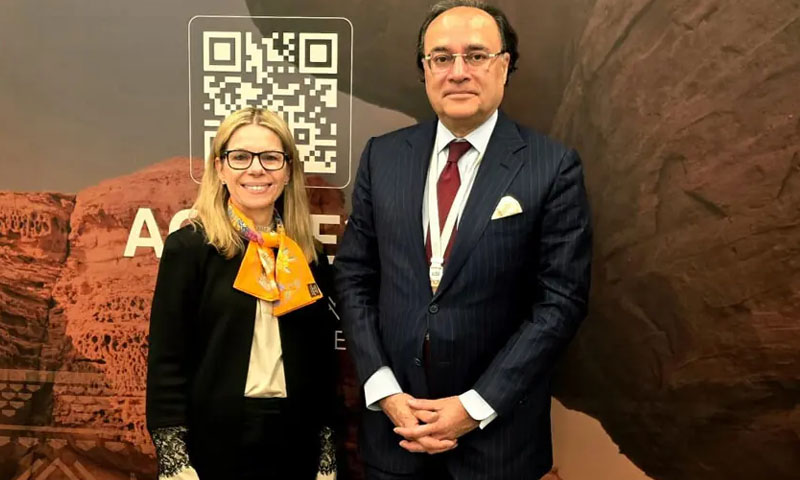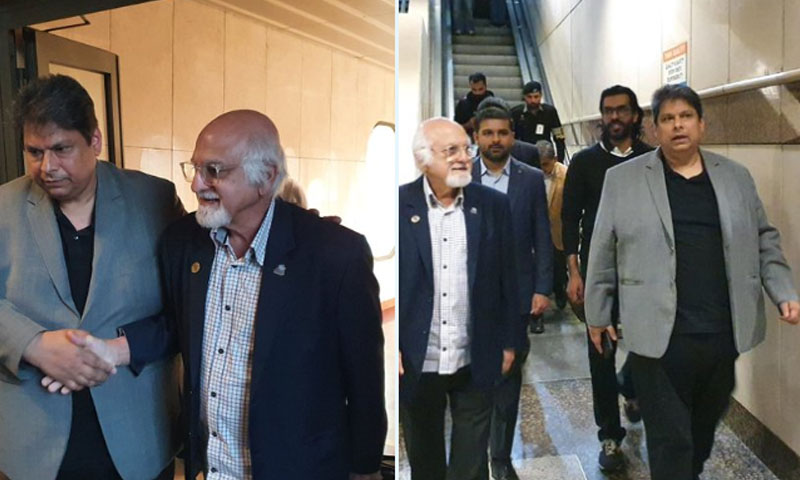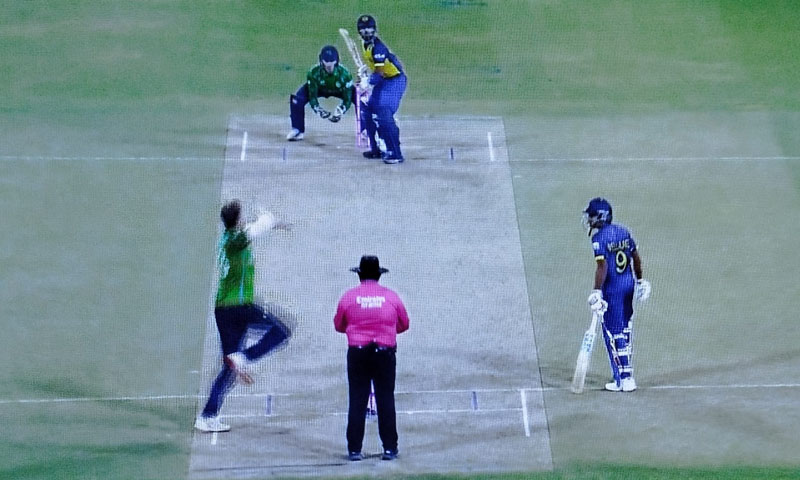- Web
- 4 Hours ago
Sindh CM presents assembly dissolution summary to governor
-

- Web Desk
- Aug 11, 2023

KARACHI: Sindh Chief Minister Murad Ali Shah met with Governor Kamran Tessori on Friday and submitted a summary to dissolve the provincial assembly, paving the way for fresh elections in the province.
The Sindh Assembly, which consists of 168 members, has completed its five-year term from 2018 to 2023.
The assembly is dominated by the Pakistan People’s Party (PPP), which holds 99 seats and forms the provincial government. The main opposition parties are the Pakistan Tehreek-e-Insaf (PTI), which has 30 seats, and the Muttahida Qaumi Movement – Pakistan (MQM-P), which has 21 seats.
The remaining seats are shared by the Grand Democratic Alliance (GDA), the Tehreek-e-Labbaik Pakistan (TLP), the Jamaat-e-Islami (JI), and some independent candidates.
The Sindh Assembly is responsible for making laws and policies for the province, as well as overseeing the performance of the provincial government.
The assembly also elects the chief minister, who is the head of the executive branch of the province. The current Chief Minister is Murad Ali Shah, who has been in office since August 2018. He is also the leader of the PPP in Sindh.
According to the Constitution of Pakistan, provincial elections are scheduled to be held in Sindh within 60 days after the dissolution of the assembly, unless dissolved earlier: in which case, the election shall be held within 90 days after dissolution.
This means that the election must be held by or before October 12, 2023. ¹ The Election Commission of Pakistan (ECP) is responsible for conducting free and fair elections in the province. The ECP will announce the schedule and details of the election soon.
The upcoming election is expected to be a close contest between the PPP, which has been ruling Sindh since 2008, and the PTI, which has emerged as a strong challenger in Karachi and other urban areas of Sindh.
The MQM-P, which was once the dominant party in Karachi, is also hoping to regain its lost ground. The election will also test the popularity and performance of the provincial government, which has faced criticism from the opposition and civil society for its handling of various issues such as corruption, law and order, health, education, and development.




